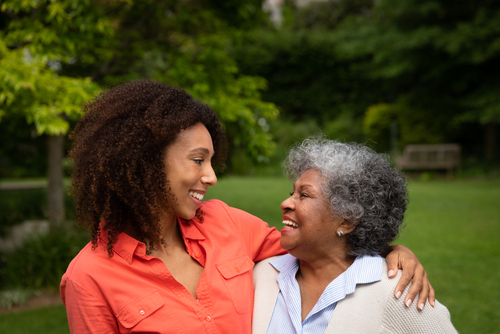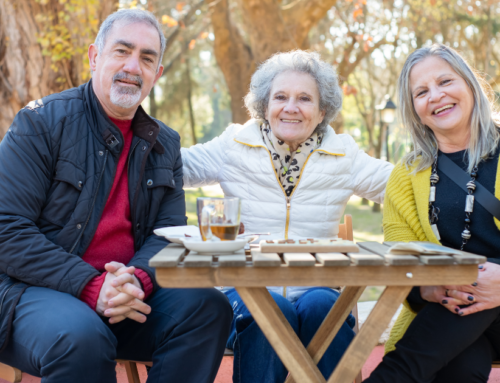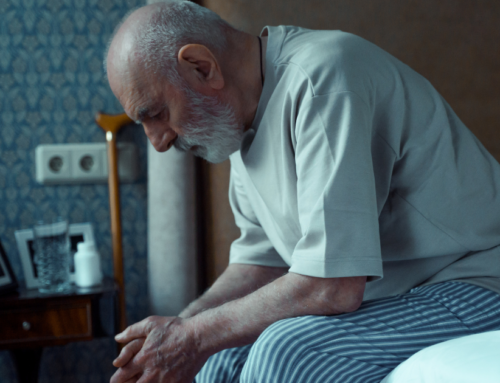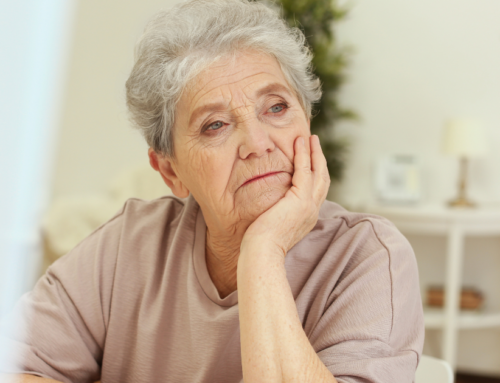The standard view of a caregiver for the elderly is one who provides care. Care is thought of (correctly) as providing assistance with “ADLs” (activities of daily living), “IADLs” (instrumental activities of daily living) plus social activities and companionship.
ADL tasks, also known as “personal care,” include hands-on assistance such as transfers, bathing, dressing, toileting, and grooming. IADLs include meal preparation, housekeeping, and shopping. These tasks to be performed by the caregiver are outlined in a “care plan.” This is updated as the needs and desires of the client change.
When a client has ended service with us, we send them a client comment survey.
With few exceptions, we do not get comment survey forms back that praise how well we dusted, vacuumed, and folded sheets, how skilled we were at bed baths, wheelchair protocols, medication assistance, and transfers, or how competent we were at running errands. After our caregiving time with a family is over, clients aren’t (for the most part) necessarily complimenting us on the basic job they hired us to do. This is comprised of how we provide assistance with the tasks on the care plan.
So what do our clients say about caregivers for the elderly?
“Caregivers were extremely kind and respectful and attentive.”
“The compassion and patience of your caregivers were outstanding.”
“The kindness and loving care the companions provided was so wonderful.”
“I was so pleased with the kindness and gentleness.”
“The phone help was so quick and friendly.”
“Everyone at your company had a positive and respectful attitude.”
There is more to the term “caregiver for the elderly”
In addition to giving care by performing ADLs and IADLs as part of a care plan, a true caregiver for the elderly is one who also is caring. On a fundamental level, cares about the client and communicates that care to the client, who in turn, feels cared for. It is this feeling of care that our clients find so compelling. It moves them to write such wonderful compliments.
Maya Angelou so eloquently shared “At the end of the day people won’t remember what you said or did, they will remember how you made them feel.” Long after our clients have forgotten how clean the kitchen was, they will remember that their caregivers truly cared about them. They remember their caregiver in many little and not-so-little ways showing the family that they were important. They remember that they were truly understood and respected.






